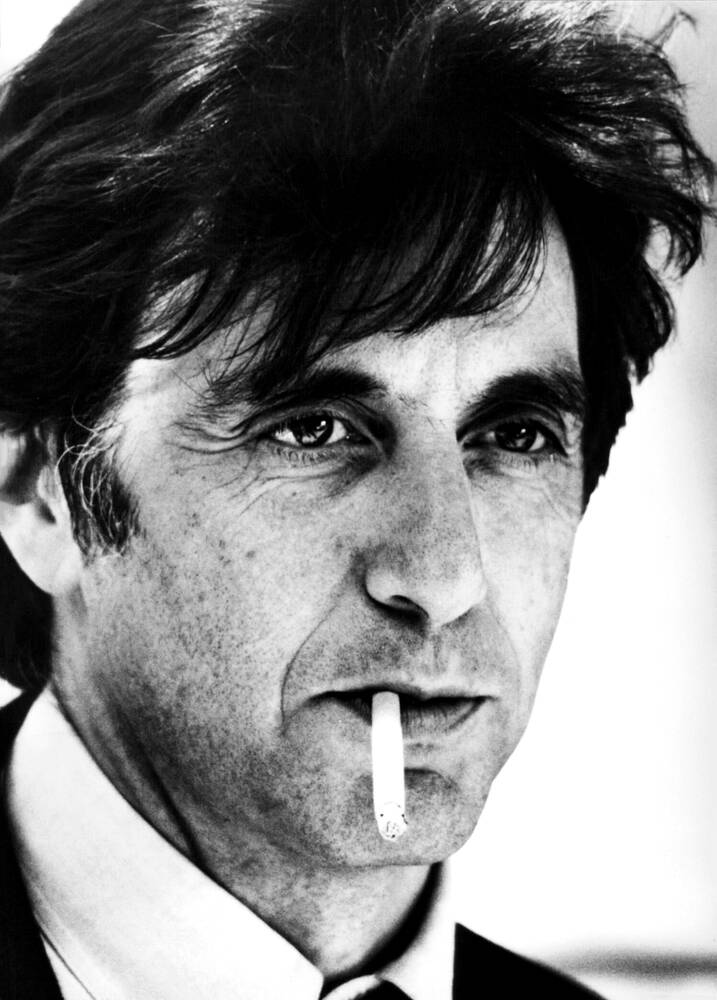
Introduction
Al Pacino, born on April 25, 1940, is recognized as one of the most esteemed actors in the history of American cinema. With a career spanning over five decades, Pacino has not only captivated audiences but also influenced generations of actors and filmmakers alike. His compelling performances and dedication to the craft have made him a significant figure in film history.
Early Life and Acting Career
Born in New York City to Italian immigrants, Pacino faced challenges in his early life, including poverty and a lack of support from his family regarding his ambition to act. He attended the prestigious Actors Studio, where he honed his craft. Pacino made his film debut in 1969’s Me, Natalie, but it was his role in The Godfather (1972) that catapulted him to stardom. Portraying Michael Corleone, Pacino delivered a performance that is still revered as one of the best in cinematic history.
Career Highlights
Following The Godfather, Pacino’s career flourished with notable roles in films such as Serpico (1973), where he played an undercover cop fighting corruption, and Dog Day Afternoon (1975), portraying a bank robber in a tense standoff. With his unique ability to convey raw emotion, Pacino received critical acclaim, earning numerous award nominations and wins, including an Academy Award for Best Actor for his role in Scent of a Woman (1992).
Besides film, Pacino has also found success in theater, earning accolades for his performances in productions like Richard III and Salome. His deep commitment to his roles often leads him to extensive preparation, including studying the characters’ backgrounds and motivations, which enhances his authenticity on-screen.
Recent Projects and Legacy
More recently, Pacino starred in the acclaimed film The Irishman (2019) alongside fellow legends Robert De Niro and Joe Pesci. The film earned multiple award nominations, reaffirming his status as a leading actor in modern cinema. In addition, his role in the Amazon series Hunters has introduced him to a new generation of fans.
Conclusion
Al Pacino’s contribution to film and theater is significant and enduring. As he continues to take on challenging roles, his influence on the industry remains profound. With a collection of iconic performances and a reputation for excellence, Pacino is not just a star; he is a testament to the enduring power of transformative storytelling. Future generations will undoubtedly continue to study and celebrate his work, solidifying his legacy as one of cinema’s greatest icons.



